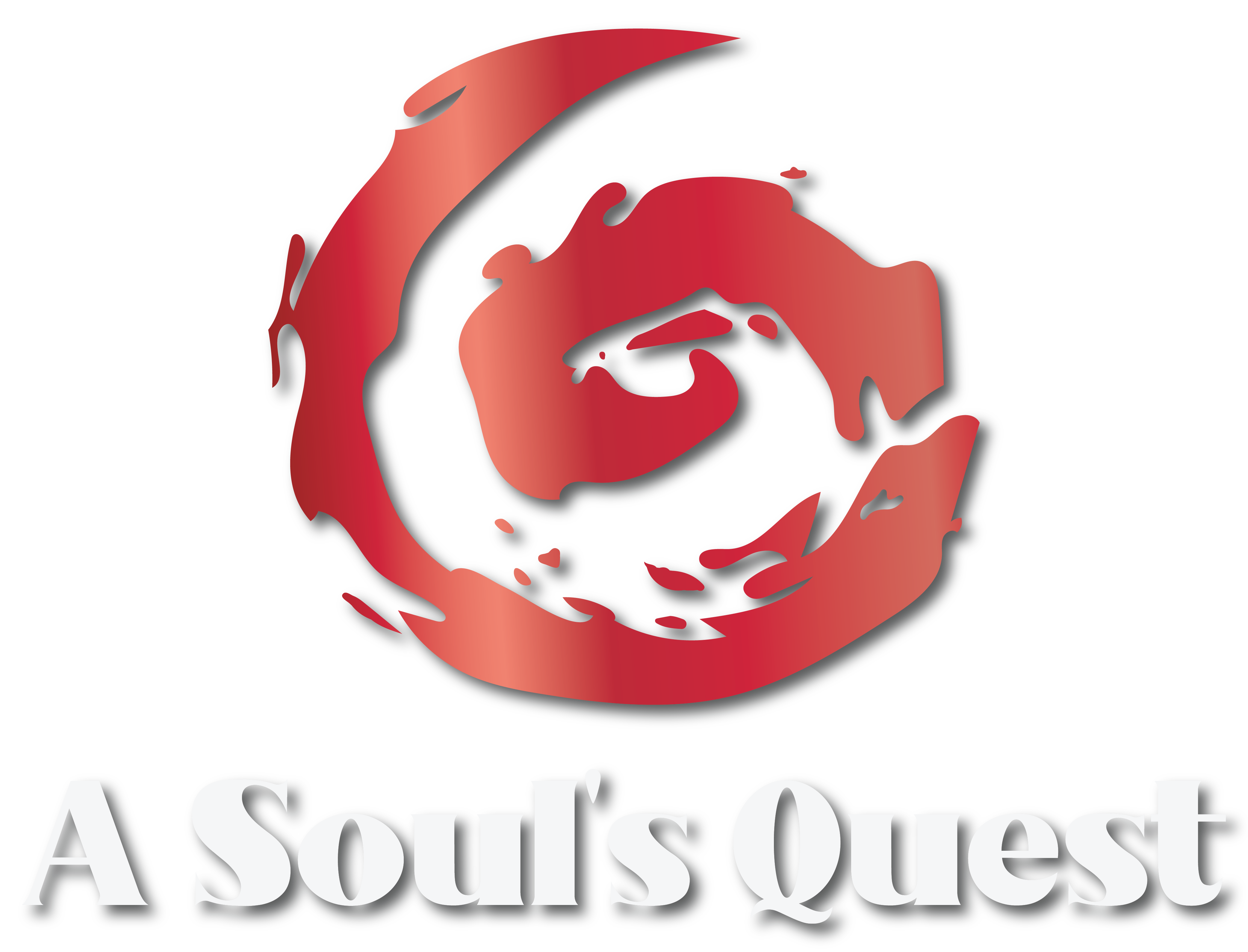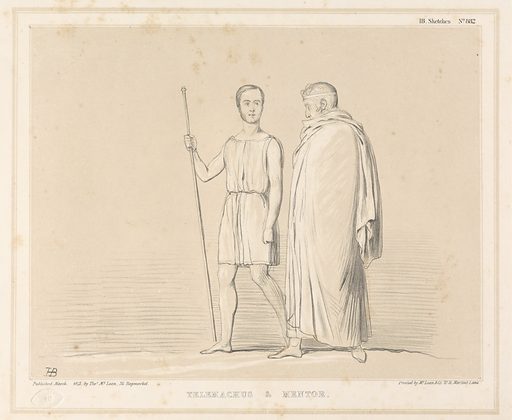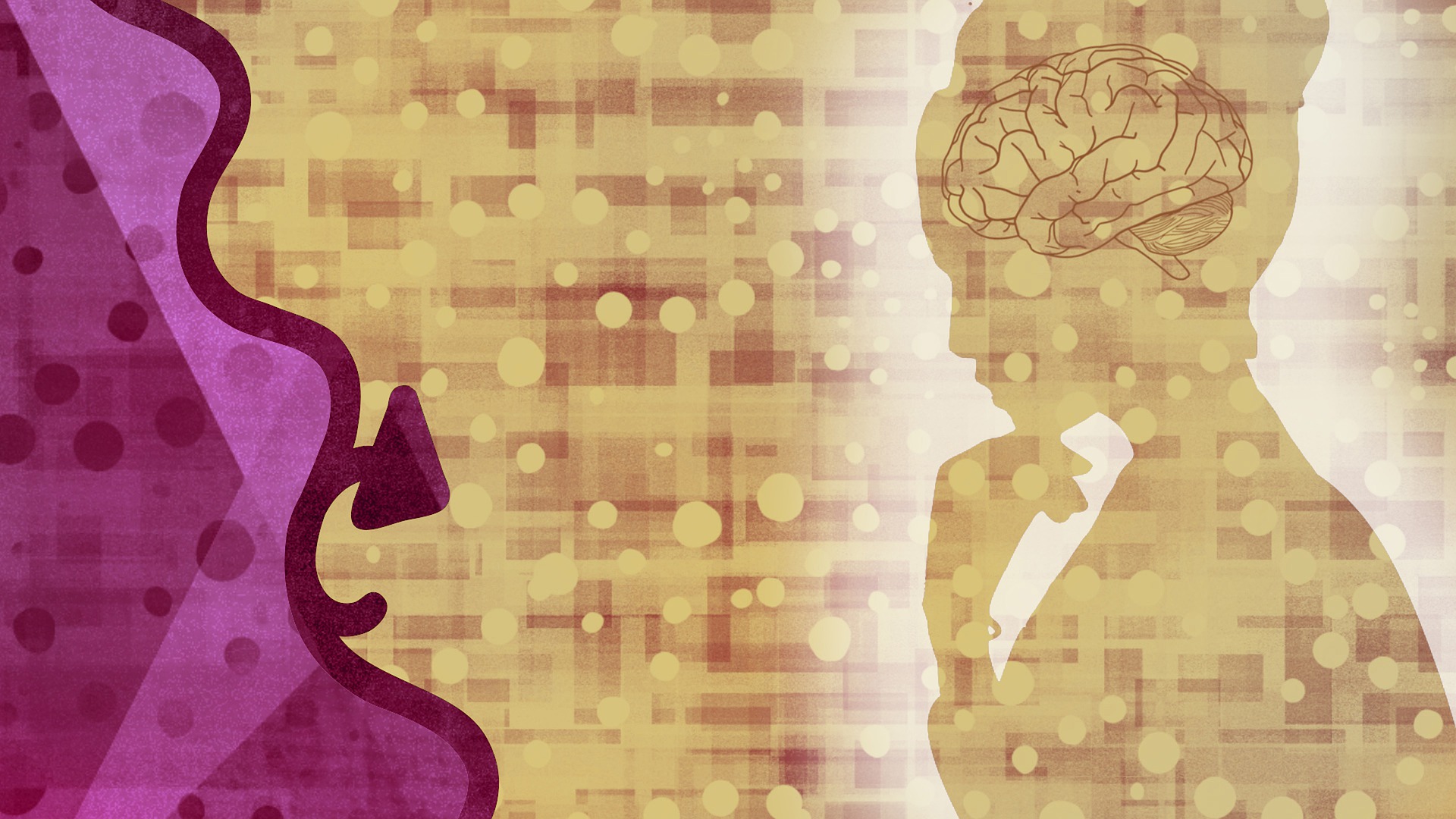The Importance of Support on the Quest towards Self-Actualization: The Role of Teachers, Mentors, and Guides
- February 6, 2023
- Tagged as: a soul’s quest, asqpodcast, Direction, Encouragement, Experience, Fulfillment, Guides, Hero's journey, knowledge, Mentors, overcoming obstacles, Purpose in life, self-actualization, Skills, Support system, teachers, understanding
The Hero’s Journey is a universal narrative structure that describes the journey of the human spirit in search of meaning and fulfillment. It is a journey that is marked by trials, tribulations, and the guidance…










